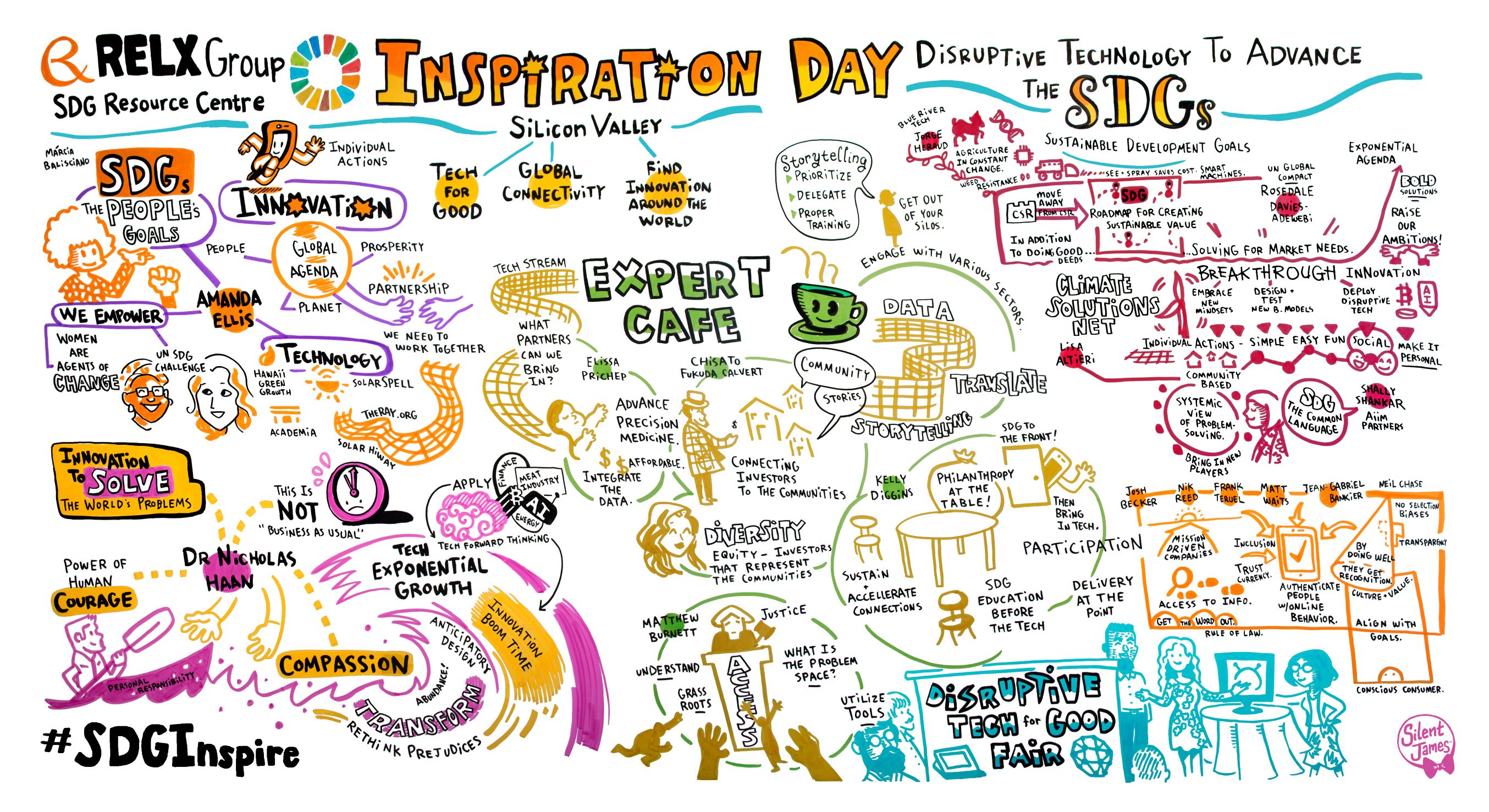Instresting assessment on the environmental impact that the production of plastic bags can have worldwide
The 2018 Lancet Countdown report directly contributes to SDG 13 (climate action), SDG 3 (good health and well-being) and SDG 9 (industry, innovation and infrastructure). The report indicates that climate change is the biggest global health threat of the 21st century. Stressing the need for governments to focus on decarbonising economies, in order to reduce rates of cardiovascular and respiratory disease, and reduce risk factors linked to infectious disease and mental illness.
Elsevier,
Social Media: The Academic Library Perspective, Chandos Publishing Social Media Series, 2019, Pages 45-55
This chapter addresses SDGs 4 and 10 through the use of a case study from a very large academic library that collaboratively compiled a set of guidelines specifically addressing copyright and disability issues on social media platforms including Twitter, Facebook, and Instagram. It also discusses disseminating these guidelines through a series of workshops targeted at social media managers, and offers an initial assessment of the guidelines impact on social media account owners, managers, and users.
Developing SDG 3 (good health and well-being) and SDG 10 (reduced inequalities), this article explores transgender and gender non-conforming (TGNC) populations in health care settings. Findings suggest that TGNC people are exposed to a variety of social stressors, including stigma, discrimination, and bias events that contribute to mental health problems.
This chapter addresses goal 3 by examining the molecular and clinical pathology of Alzheimer's disease and Dementia.
To advance goals 7 and 13, and meet the global ambitions of sustainable energy transitions and universal energy access, this paper calls for transformations in the practice of knowledge-making and governance.
RELX Group held two SDG Inspiration Days to bring together business, government and civil society to scale collaboration and engagement on the SDGs. The first SDG Inspiration Day took place in San Jose, California and focused on disruptive technology to advance the goals. The second day took place in Amsterdam and focused on the power of partnerships to achieve the goals.
In 2018, RELX Group hosted two SDG Inspiration Days to inspire scalable, collaborative action on the 17 SDGs, with particular emphasis on disruptive technology at Silicon Valley and on partnerships at Amsterdam. Watch videos of the speakers from the two days.
This article contributes to goal 15 by arguing that the SDG portfolio can trigger a major step towards more holistic land use perspectives at the agriculture-forestry interface. This, in turn, has the potential to initiate institutional change to enhance dynamic sustainability.
Elsevier,
Daniel A. Fiscus, Brian D. Fath, Chapter 8 - Technology and applications in the context of holistic life–environment, Editor(s): Daniel A. Fiscus, Brian D. Fath, Foundations for Sustainability, Academic Press, 2019, Pages 205-230
This chapter contributes to SDGs 15, 13, and 11 by presenting technologies and applications for addressing climate change as a result of human activity on land.


